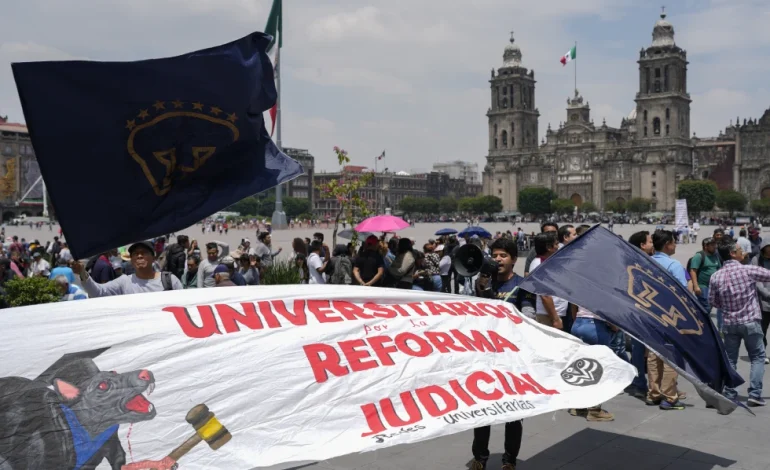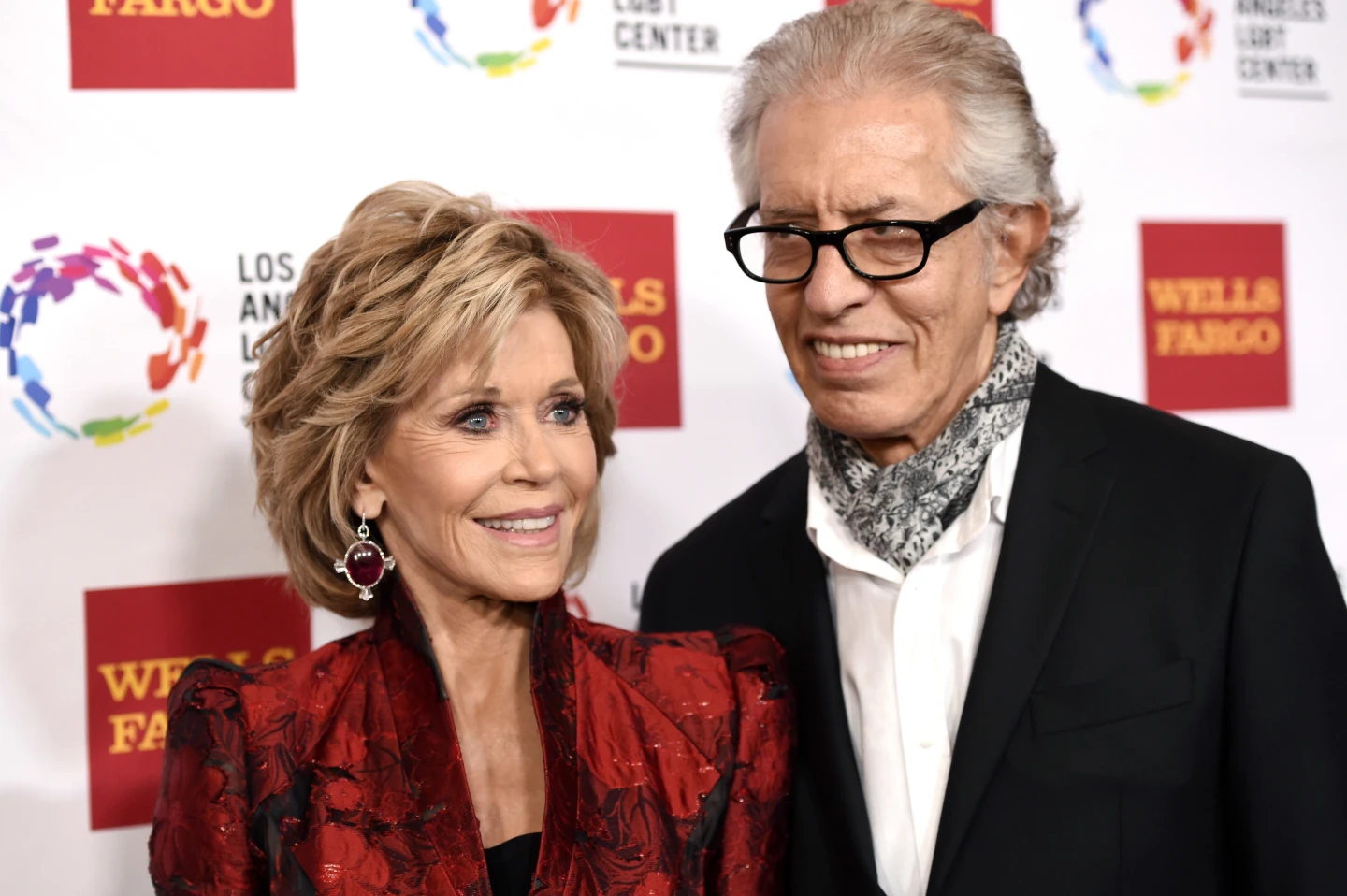Lottery of Justice: Mexico’s Controversial Judicial Selection Process Draws 18,000 Applicants

Over 18,000 people have registered to run for Supreme Court seats and federal judgeships in Mexico, a staggering number fueled by a new, highly contentious selection process that will ultimately rely on a random drawing to determine who appears on the ballot, The Associated Press reports.
The unprecedented surge in applications follows a September constitutional reform pushed through by the ruling Morena party. This reform mandates elections for all federal judges, replacing a system where appointments were largely internal promotions within the court system.
The move has sparked widespread protests from current court employees and their supporters, who denounce it as an attempt by the ruling party to undermine judicial independence and weaken checks and balances on government power. They cite concerns that the new system will allow the party to install loyalist judges.
The remarkably low bar for candidacy has further fueled criticism. Aspirants need only a law degree, a 3.2 GPA, five years of professional experience, and five letters of recommendation – leaving the ultimate selection to a lottery-style draw.
Critics decry the process as rushed and amateurish, particularly given the highly technical nature of the judicial posts. These judges handle cases ranging from intellectual property disputes to organized crime prosecutions and constitutional law challenges.
Evaluation committees, largely composed of appointees from the Morena-controlled legislative and executive branches, will have just over a month to review the thousands of applications and select a shortlist of roughly 10 candidates or less for each of the 881 judgeships and nine Supreme Court seats. From this reduced pool, 1,793 names will be randomly selected to appear on the June 1 ballot.
This random selection raises serious concerns. Critics warn that many candidates on the ballot will be unknown, potentially lacking any courtroom experience. The open election process also introduces the risk of influence from drug cartels or political parties seeking to financially back candidates and secure favorable rulings. Concerns also persist about the impartiality of the evaluation committees themselves.








